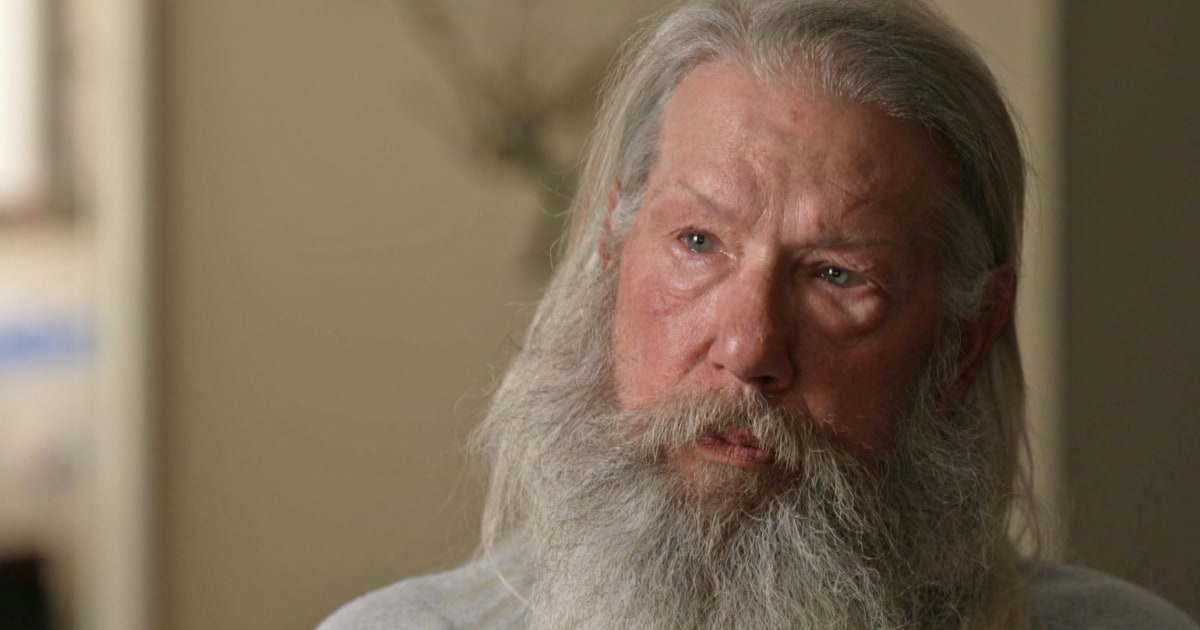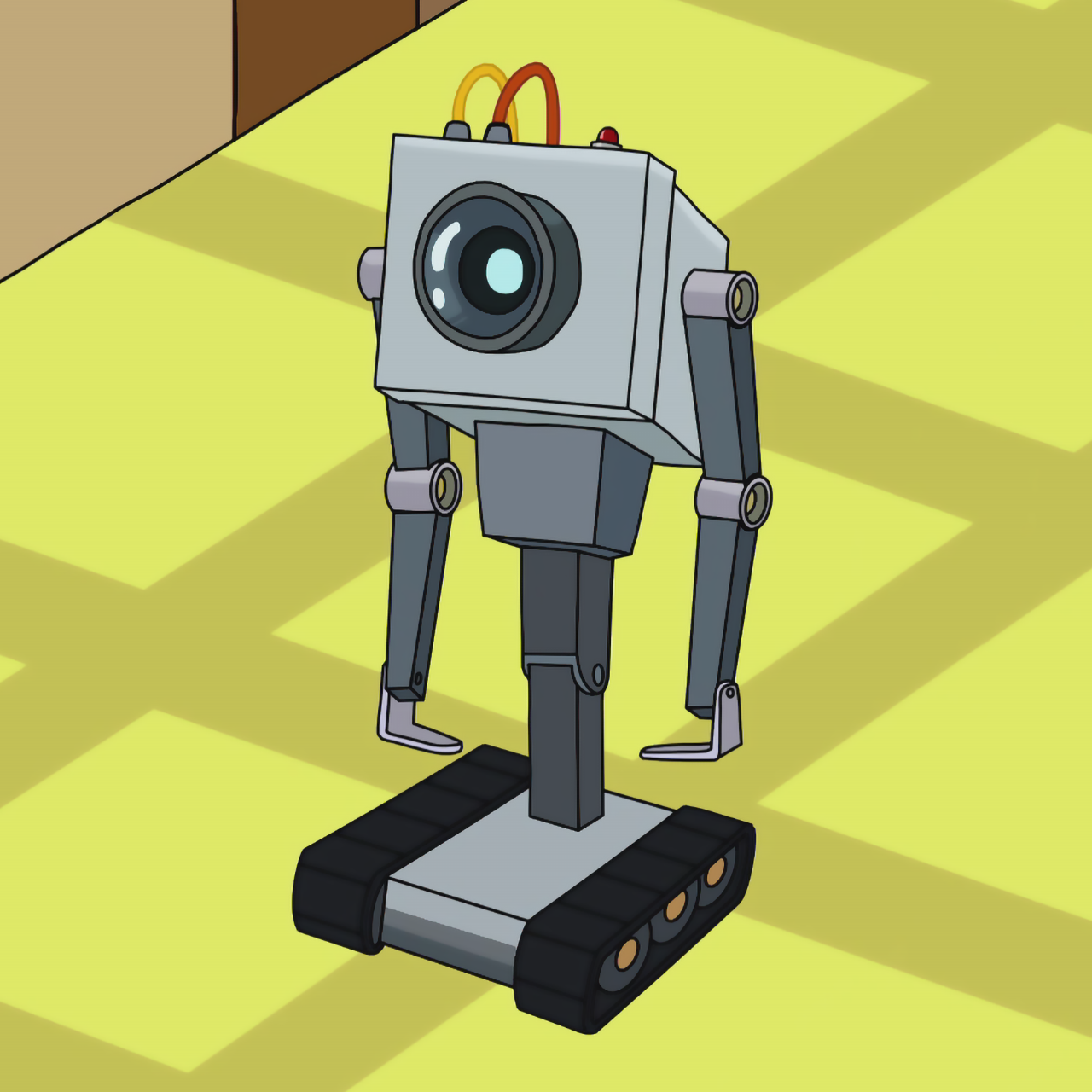Is this politics? Feels more like legal scholarship. Many things we rely on for truthfulness in court are pretty bogus. Eyewitness testimony itself is objectively unreliable yet we give it outsized weight.
Are you telling me this isn’t Jon Voight’s pencil?
I feel like in a few cases it could be valid evidence, if somebody had a very distinctive “bite profile”. My bottom teeth got crowded after I had my braces taken off when I was teenager, so one of my teeth is off by a good amount compared to the rest. When I bite into something it does leave a distinctive bite mark that I’m pretty sure a good amount of the population probably doesn’t have. It obviously doesn’t translate across the board to everyone else with your goddamned perfect, straight teeth, and it’s not slam-dunk evidence, but it could help narrow the pool of suspects I should think in at least some cases.
Primarily because if courts admit it’s fallible, everyone convicted in part on bite evidence would need to be retried. Which would be a crazy amount of work. And people are lazy. Epically courts.
If they don’t bother releasing people locked up under laws that no longer exist, why would they bother retrying all those people? To be clear they should do both, but they don’t do much of either.
Right or wrong, they committed a crime at the time. A change in law doesn’t really invalidate the crime committed. That differs from this where the conviction itself was based on faulty evidence or procedure.
Just for clarity sake, I don’t really agree with this but I do think it’s a valid difference between the situations
This is the best summary I could come up with:
Even now, as a free man, Keith Harward finds it hard to explain what it was like to sit in a courtroom, on trial for a rape and murder he knew he didn’t commit, watching someone considered an expert testify with certitude that bite marks on the victim’s leg matched his teeth.
Two forensic dentists told two separate juries that Harward’s teeth matched “to a scientific certainty” a bite mark on the rape victim’s skin.
That includes the President’s Council of Advisors on Science and Technology, which said in 2016 that “available scientific evidence strongly suggests that examiners not only cannot identify the source of bitemark with reasonable accuracy, they cannot even consistently agree on whether an injury is a human bitemark.” The National Institute of Standards and Technology, the gold standard of measurement science, said in 2022 that bite mark forensics “lacks a sufficient scientific foundation” because “human dental patterns have not been shown to be unique at the individual level.”
Chris Fabricant, an Innocence Project lawyer and author of “Junk Science and the American Criminal Justice System,” said his team has consistently blocked the introduction of bite mark evidence in courts around the country, even as it continues to seek the exoneration of defendants imprisoned based on the discredited discipline.
Three years ago, after the bite mark evidence in his case collapsed, McCrory was offered a deal: Plead guilty and walk free.
Awarded $1 million in compensation by Virginia, the 67-year-old lives quietly in rural North Carolina, taking occasional RV trips with his girlfriend and puzzling over smartphones and social media.
The original article contains 1,172 words, the summary contains 263 words. Saved 78%. I’m a bot and I’m open source!
Because judges and jurors believe it…
Same reason we still do like detectors even tho they don’t work at all.
There’s no actual fact checking. Lots of people make lots of money as an “expert witness” who get up on the stand and confidently make statements about how they’re 100% sure whoever is paying them is 100% correct.
If you reasonably report how something might not be accurate, the lawyers pick someone who will be 100% confident instead.
Even ballistics, which many people think is a highly accurate process, has been shown to be wildly inaccurate. The Maryland Supreme court has ruled that ballistic evidence is not supported by science. That will dramatically restrict the use of such evidence in trials in that state.
The ruling was based on the Ames II study conducted by the Ames Laboratory of the Department of Energy. This study starkly showed the flaws in the field.
The most telling findings came from subsequent phases of the Ames II study in which researchers sent the same items back to the same examiner to re-evaluate and then to different examiners to see whether results could be repeated by the same examiner or reproduced by another. The findings were shocking: The same examiner looking at the same bullets a second time reached the same conclusion only two thirds of the time. Different examiners looking at the same bullets reached the same conclusion less than one third of the time.
I sincerely think we need a division of the judicial branch that focuses solely on the study and confirmation of the accuracy of different kinds of evidence.
I never understood why lawyers would say things like “to the exclusion of all other firearms.” Things aren’t 100% knowable in forensics, there will always be uncertainties.
They say these things because they need to build and show a case to a judge/jury that “beyond all reasonable doubt” the accused committed a crime. That’s the standard that criminal prosecutions are held to. Uncertainties introduce reasonable doubt.
So instead of adknowledging the system is broken they just… lie and pretend there is no reasonable doubt? Ugh…
Unfortunately, yes.
The underpinnings of the criminal justice system was invented well before modern forensics, and you know how resistant politicians are about touching any of the old cruft.
In particle physics beyond reasonable doubt means 5 sigma statistics.
i thought that most ballistics analysis for the last 15 years or so was done by computer to avoid these types of mistakes. am i wrong about that?






